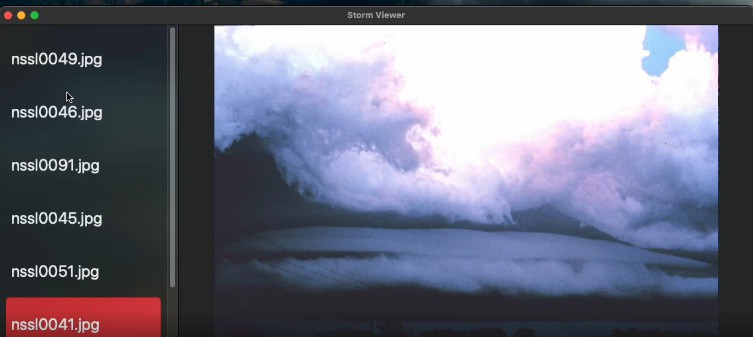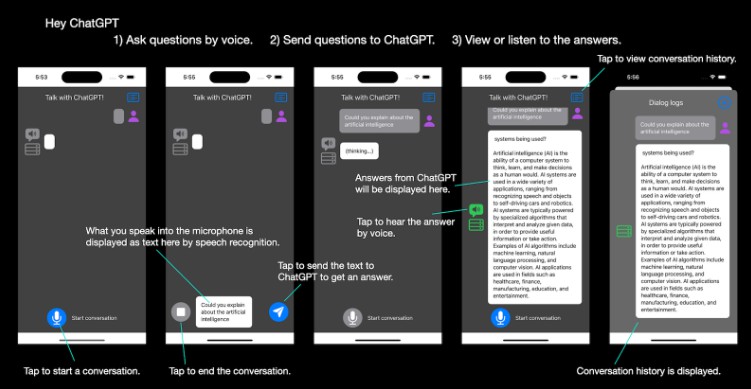Logging Camp
Logging Camp is a simple and customizable logging library written in Swift, designed to make it easy to add logging to your iOS, macOS, or tvOS application.
Features
- Simple and lightweight
- Customizable logging levels
- Customizable log format
- Support for logging to console and file
- Support for custom log handlers
- Open source and free to use
Requirements
- Swift 5.4+
Installation
Logging Camp can be installed using Swift Package Manager.
In Xcode, go to File > Swift Packages > Add Package Dependency and enter the following URL:
https://github.com/yourusername/Logging-Camp.git
Alternatively, you can add the following to your Package.swift file:
dependencies: [
.package(url: "https://github.com/DariuszGulbicki/Logging-Camp.git", from: "1.0.0")
]
Usage
Using Logging Camp is very simple. Here’s an example:
import LoggingCamp
let logger = Logger(String(describing: type(of: self))
logger.debug("This is a debug message.")
logger.info("This is an info message.")
logger.warn("This is a warning message.")
logger.error("This is an error message.")
logger.fatal("This is a fatal message.")
The above code will create a new logger and log messages to the console.
You can customize the logging level and log format like this:
let logger = Logger()
logger.setLoggingLevel(.DEBUG)
logger.log(.DEBUG, "This is a debug message.")
Use different handlers and change application-wide logging level:
// Set global logging level
// This will only affect NEW loggers
// Calling logger.setLoggingLevel() will override this
LoggingCamp.setGlobalLoggingLevel(.DEBUG)
// Add handler
// Handlers are used to log messages to different destinations
// Logging Camp comes with a PrintLogHandler that logs to the console
// and ColorPrintLogHandler that logs to the console with colors
LoggingCamp.loadHandler("name", PrintLogHandler())
// Disable handler
// In this case, the default handler will be disabled
LoggingCamp.disableHandler("default")
You can also set enabled handlers with Logger itself:
// Set enabled loggers
let logger = Logger(String(describing: type(of: self), ["default", "myLogger"])
// Replace class name with custom name
let namedLogger = Logger("Example debug logger")
Custom log handlers can be created by subclassing Logger:
class MyLogHandler: LogHandler {
public func log(_ level: LogLevel, _ message: String, _ caller: String, _ cause: Error?) {
// Log message
}
}
Contributing
Logging Camp is open source and contributions are welcome. If you find a bug or have a feature request, please open an issue or submit a pull request.
License
Logging Camp is released under the MIT license. See LICENSE for details.


